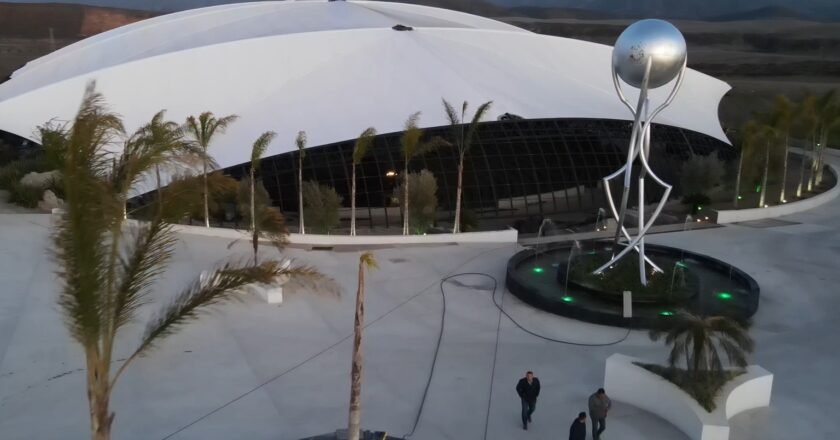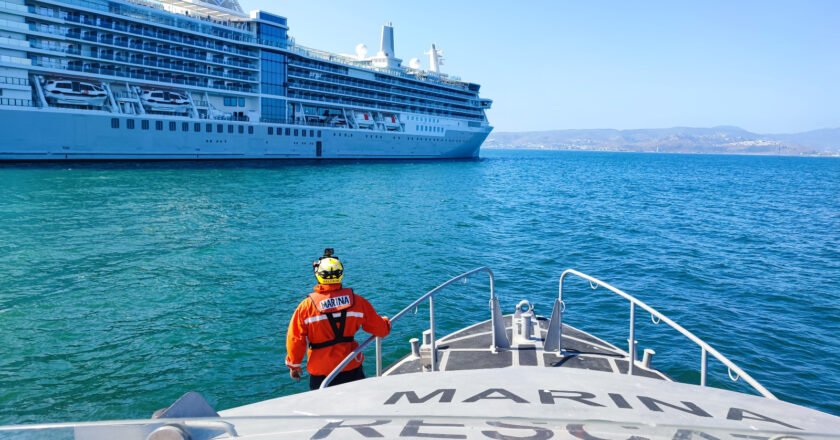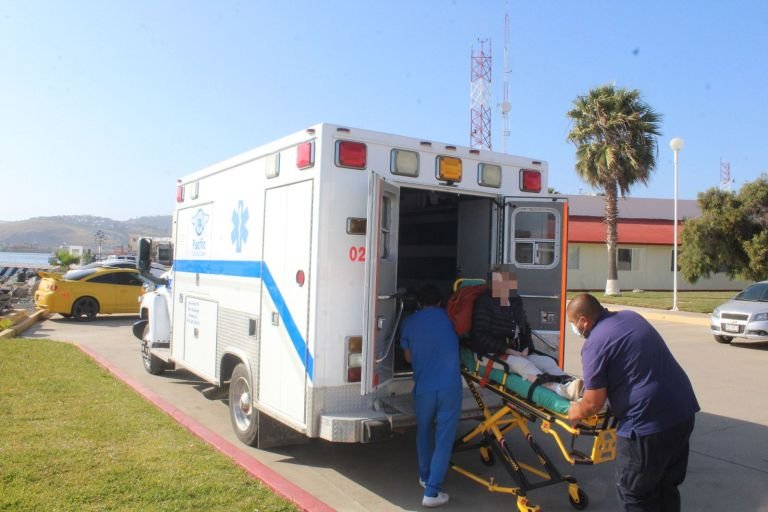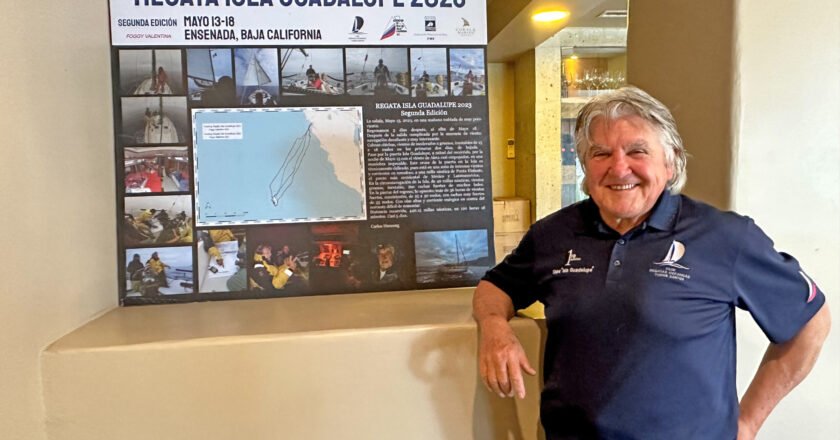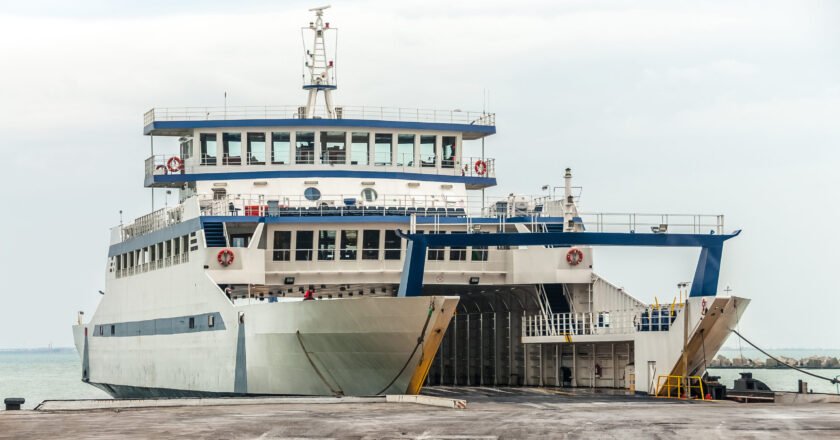BY LUISA ROSAS
Carlos Hussong is not just a former tuna fisherman turned maritime law expert; he is also a visionary in the nautical sports community. With his deep understanding of the sea and its regulations, Hussong has transformed his passion for sailing into a significant force in the maritime sector, particularly through the establishment of the Ensenada – Guadalupe Island off-shore regatta.
Carlos Hussong’s journey from fishing to founding regattas is as vast as the ocean itself. After a succesful career in the commercial fishing business and as the national president of the fishing chamber, Hussong decided to pursue his passion for sailing by acquiring his yacht, the Foggy Valentina, four years ago. It wasn’t long before he ventured into the thrilling world of regattas, beginning just three years ago on Foggy Valentina.
Hussong explained that there are generally three types of regattas:
1. Protected Area Regattas: These are typically the simplest and occur in bays and lakes.
2. Coastal Regattas: Limited to 30 miles from the shore.
3. Offshore Regattas: Extending beyond 30 miles, these are considered the most challenging and exciting. Among these is the unique Regatta Isla Guadalupe in Mexico, a 550 nautical miles journey that passes around Isla Elefante and lasts about 5-6 days.
Drawing on his experience, Hussong highlighted Ensenada, Baja California, as an ideal location for these demanding offshore events, given its natural maritime conditions and climate. He founded the Todos Santos Oceanic Regatta Club to develop and promote these yearly regattas, particularly focusing on the complex offshore type.
Launched in 2022 by himself, the REGATTA ISLA GUADALUPE is proof of Hussong’s commitment to the sport. It’s a 100% Mexican event that embarks from the Hotel Coral and Marina in Ensenada, organized under his leadership. Up until this edition, that will begin on May 18, the only participant on the regatta has been the Foggy Valentina, in which a crew of six navigate approximately 550 nautical miles, demonstrating the challenging nature and allure of offshore sailing, but he hopes more and more participants could join him in the coming years.
With Italy hosting the world’s largest regatta featuring 4,000 boats, Hussong aims to put Mexican regattas on the global map. By creating events like the REGATA ISLA GUADALUPE and enhancing international participation, he hopes to elevate the profile of local sailing events to that of world-renowned regattas.
For those interested in the sport or looking to gain more knowledge about sailing, Hussong tells us that sailing workshops are available in Ensenada. Potential future participants in the REGATA ISLA GUADALUPE can contact him directly at +1 (858) 353 3320 or via email at hussongc@pescabrava.com for more information.
Carlos Hussong’s story is a powerful reminder of how passion, when combined with expertise and vision, can significantly impact a community and a sport, stay tuned as we bring you some of his fantastic sea-bound stories in coming editions!


